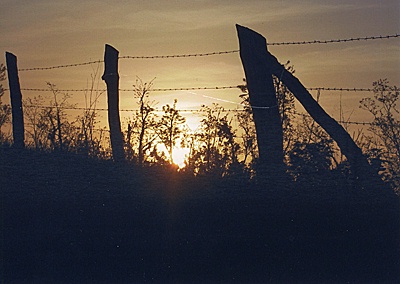All Nonfiction
- Bullying
- Books
- Academic
- Author Interviews
- Celebrity interviews
- College Articles
- College Essays
- Educator of the Year
- Heroes
- Interviews
- Memoir
- Personal Experience
- Sports
- Travel & Culture
All Opinions
- Bullying
- Current Events / Politics
- Discrimination
- Drugs / Alcohol / Smoking
- Entertainment / Celebrities
- Environment
- Love / Relationships
- Movies / Music / TV
- Pop Culture / Trends
- School / College
- Social Issues / Civics
- Spirituality / Religion
- Sports / Hobbies
All Hot Topics
- Bullying
- Community Service
- Environment
- Health
- Letters to the Editor
- Pride & Prejudice
- What Matters
- Back
Summer Guide
- Program Links
- Program Reviews
- Back
College Guide
- College Links
- College Reviews
- College Essays
- College Articles
- Back
Superheroes and Their Impact On Society
"Some men aren't looking for anything logical, like money. They can't be bought, bullied, reasoned, or negotiated with. Some men just want to watch the world burn."
-- Alfred Pennyworth, The Dark Knight
This iconic quote from Christopher Nolan's 2008 blockbuster film, The Dark Knight, isn't just for entertainment. Alfred was on to something. Superheroes can teach us something about being human. They stand for more than just laying out thugs (which will be explained later). Too often, people look at the cowl (full-head mask) alone, but why not look past it, to the philosophical point of view? Ask questions like 'why do we look up to people who spend their evenings beating bad guys to a pulp?' It’s because they give us something to strive towards and look up to. And they’ve always been here for me on a very personal level.
Contrary to popular belief, superheroes represent more than cracking people’s skulls. Take the Lantern Corps from the Green Lantern mythos for example; each lantern stands for a different area of the emotional spectrum. The Green Lanterns stand for willpower, Yellow Lanterns are fear, white is life, red is rage, orange is avarice (greed), blue is hope, indigo is compassion, violet is love, and black is (predictably) death. That’s why the Green Lantern’s weakness is yellow. Those who have not gone into depth considering the comic book superhero universes, might view it as pathetic but it has a deeper meaning than ‘Green Lantern is stupid because his weakness is yellow.” In reality, if you look at what those colors stand for, it means that fear is the enemy of willpower. Another prime example might be The Dark Knight Trilogy (and I’m not using this as an example because I’m a fanboy). The themes in each of the films are destructive, leading Batman to have to overcome them and save Gotham -- in Batman Begins (2005), it was fear. In The Dark Knight (2008), it was chaos. In The Dark Knight Rises (2012), it was pain. The villains in these films were the living embodiments of these themes. In The Dark Knight Rises’ special features, there is a documentary titled The Journey of Bruce Wayne. In this short feature, Christopher Nolan says, “...always had this great idea of this underground prison that you would have to try to climb out of to escape. And I thought it was just the perfect metaphor…” and adding to this, David S. Goyer says “...when he fell into the well as a kid, it was his dad who brought him out of the pit, and now it’s time for him to bring himself out of the pit.” Jonothan Nolan adds to this, saying “...to me, that’s the true test of a hero, not just how many people they can lay out.”
Now, what exactly do superheroes stand for? Look at Batman for an example (again, not using because I’m a fanboy). He’s devoted his whole life to bringing justice to the streets of Gotham after he watched his parents shot down in a dirty alley at 8 years old. Superman, an alien from the foreign planet of Krypton which was destroyed in a global explosion, stands for hope. In 2013’s Man of Steel, he says “It’s not an S. On my planet, it means hope.” Both of these characters, I believe, try to get the point across that when something happens, you should move on and let go, but never forget. They are driven by these tragedies, but they let go. The memorable quote from all of the Spider-Man comic series and movies was “With great power comes great responsibility.” After Uncle Ben’s death, Peter finally applied Uncle Ben’s advice to his life, used his powers for good, and became Spider-Man. All of these themes are applied to the heroes’ lives and became what they live for. What they stand for.
In conclusion, superheroes (not including anti-heroes) should no longer be looked down upon. They are a symbol of hope for many, and sometimes, are a very personal influence, such as myself. Many view them as bad examples, but as I have hopefully proven by now, they are not. Even the heroes who start out as bad examples, such as Hancock, end up becoming positive role models in the end.

Similar Articles
JOIN THE DISCUSSION
This article has 0 comments.
